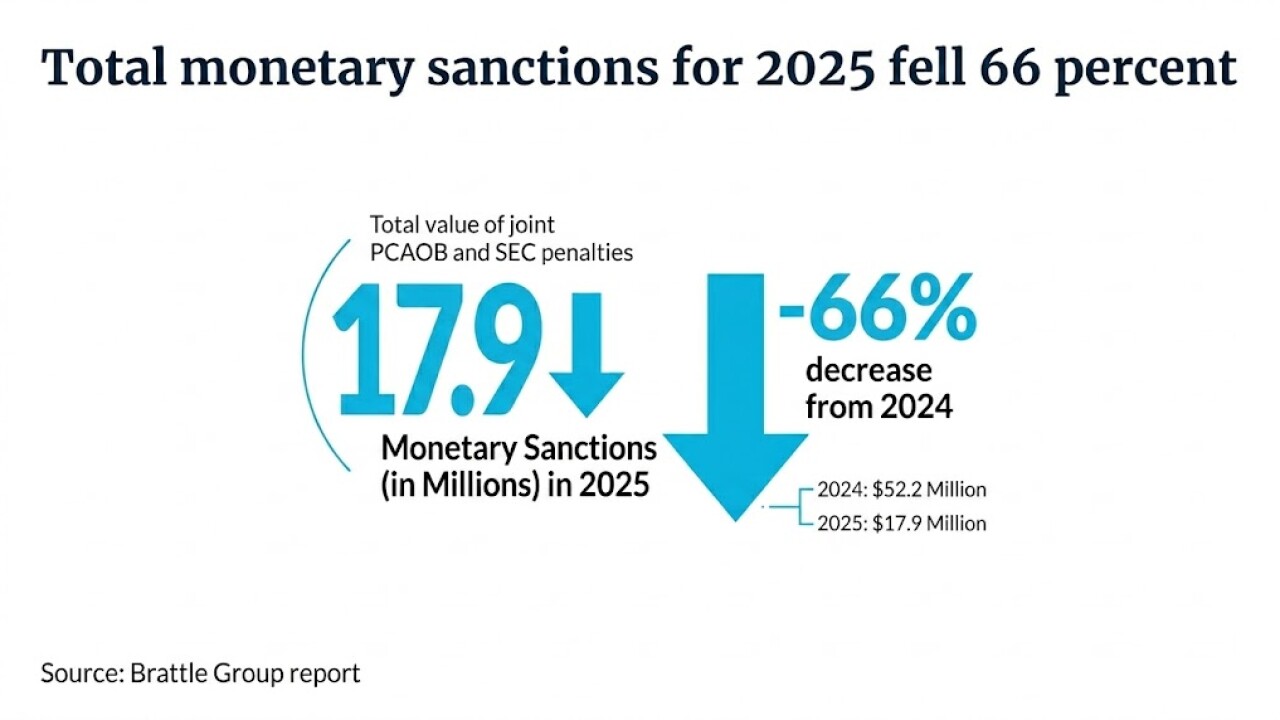A new study estimates that at least $21 trillion and up to $32 trillion of unreported private financial wealth has been hidden by wealthy individuals in secret tax havens at the end of 2010, a sum equivalent to the size of the U.S. and Japanese economies combined.
There may be as much as $32 trillion of hidden financial assets held offshore by high-net-worth individuals, according to the new report,
The research comes amid growing concerns about the increasing income gap between the rich and poor across the globe. In the U.S., the issue of offshore tax havens has also come to the fore in the context of the presidential campaign, with questions raised about presumptive Republican presidential nominee Mitt Romney’s use of tax havens such as the Cayman Islands and Switzerland, and his reluctance to release tax returns prior to 2010.
The study was written by former McKinsey & Co. chief economist James S. Henry. “The very existence of the global offshore industry, and the tax-free status of the enormous sums invested by their wealthy clients, is predicated on secrecy: that is what this industry really ‘supplies’ as it competes for, conceals, and manages private capital from all over the planet, from any and all sources, no questions asked,” he wrote.
Henry drew on research from the World Bank, the International Monetary Fund, the United Nations, central banks and other sources for his report. The analysis found that by the end of 2010, the top 50 private banks collectively managed more than $12.1 trillion in cross-border invested assets for private clients, including their trusts and foundations. That figure was more than double an estimate of $5.4 trillion in 2005, representing an average annual growth rate of over 16 percent.
The report identified the three banks handling the most offshore assets as UBS, Credit Suisse and Goldman Sachs. The top 10 banks accounted for over half the top 50’s asset total, an increase since 2005.
“The number of the global super-rich who have amassed a $21 trillion offshore fortune is fewer than 10 million people,” said TJN. “Of these, less than 100,000 people worldwide own $9.8 trillion of wealth held offshore.
If the unreported $21 trillion to $32 trillion earned a modest rate of return of just 3 percent, and that income was taxed at 30 percent, it would have generated tax revenues of between $190 billion to $280 billion, roughly twice the amount that OECD countries spend on overseas development assistance around the globe.” Inheritance taxes, capital gains taxes and other taxes would boost the figure considerably, the group noted.
Along with his research the group released another study Sunday, entitled
The group interviewed eight of the world’s most respected economists who specialize in economic inequality. They all confirmed a major under-reporting problem in this area. TJN’s research found that if an asset is hidden in an offshore bank account, trust or company, and the ultimate owner or beneficiary of the income or capital cannot be identified, then the asset and the income it produces are generally not counted in inequality statistics.





